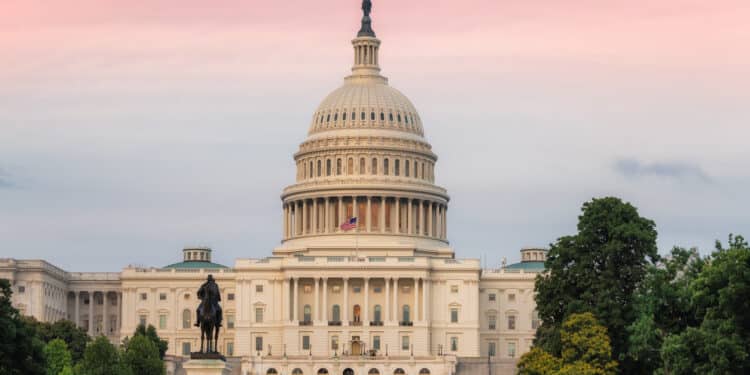“Congress needs to implement an effective ethics agenda,” writes whistleblower attorney Stephen M. Kohn in an article recently published by JD Supra. In the piece, Kohn, a founding partner at Kohn, Kohn & Colapinto and the Chairman of the Board of the National Whistleblower Center, details a number of anti-corruption and corporate ethics laws which have been previously introduced in Congress. He argues that these laws, which are “based on incentivizing whistleblowers to report frauds,” are “urgently needed, especially in light of the trillions of dollars in actual or proposed federal spending for COVID-19 relief efforts or infrastructure.”
In his article, Kohn cites a 2020 Marsit poll on whistleblowing published by Whistleblower Network News which found that the American public overwhelmingly supports stronger legal protections for whistleblowers who report corporate fraud. According to Kohn, the poll results “were stunning. Across every segment of the population, regardless of political party, race, age, or geographic location, American voters want Congress to prioritize laws that protect whistleblowers who disclose frauds.”
After highlighting public support for an ethics agenda, Kohn focuses on the efficacy of ethics-whistleblower laws. “Modernized whistleblower laws designed to increase the detection and prosecution of white collar crimes work, and they work surprisingly well,” writes Kohn. “Law enforcement officials have not minced their praise. They all describe the revolutionary impact whistleblower laws have had on fighting corporate crime.”
Kohn shares quotes praising whistleblower laws from government officials in both the U.S. Department of Justice (DOJ) and the U.S. Securities and Exchange Commission (SEC). These two agencies have utilized the two major U.S. corporate whistleblower laws, the False Claims Act (FCA) and Dodd-Frank Act (DFA) to more effectively police corporate fraud. The DOJ reports that in the 2020 Fiscal Year, over two-thirds of the $2.2 billion recovered through FCA settlements and judgements came from whistleblower cases. In its 2020 Annual Report to Congress, the SEC Whistleblower Program announced that in the ten-year history of the whistleblower program, $2.7 billion in total monetary sanctions have been triggered by whistleblower disclosures.
Kohn next details the specific actions Congress should take to enact an effective ethics agenda. Each of the actions outlined by Kohn relates to specific legislation that has been introduced in Congress in recent sessions. They are: “clarify the scope of the False Claims Act… fix the Anti-Money Laundering Act… amend the Consumer Financial Protection Bureau law… pass the Wildlife Trafficking Whistleblower Law… pass the Public Company Accounting Whistleblower Act… close loopholes in Dodd-Frank Act… approve the Antitrust Law Enforcement Reform Act.” In his article, Kohn explains what each of these actions entails and what it would accomplish.
Kohn concludes his article with a concise summation, restating the facts that “the overwhelming majority of the American people want Congress to increase protections for corporate whistleblowers” and that “whistleblower laws, like the DFA, work.”
“There are a host of bills,” Kohn writes, “most of which were introduced in the last Congress, that can and should be readily approved by Congress. These bills are based on existing whistleblower legislation, proven to be highly effective. It is time to implement a lasting ethics agenda.”




